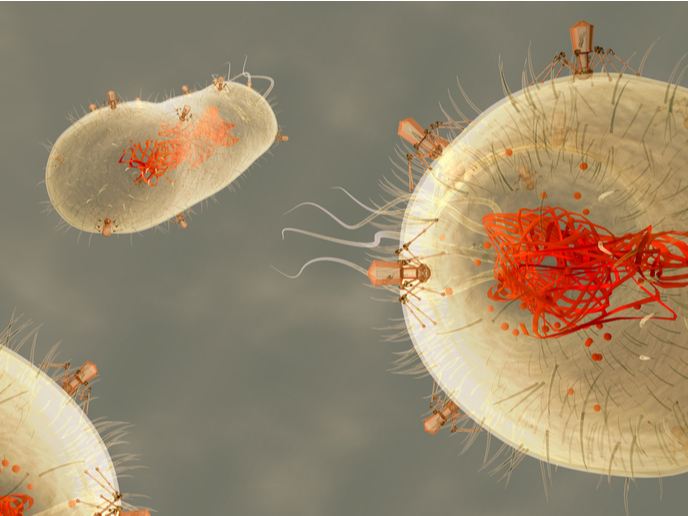Studying tuberculosis in zebrafish
Tuberculosis (TB) affects nearly one third of the world population, reaching epidemic proportions. The increasing occurrence of multidrug-resistant (MDR) strains of Mycobacterium tuberculosis (Mtb) necessitates the development of novel treatment regimens. Mycobacterium marinum (Mm) is a zebrafish pathogen that causes granulomas similar to its close genetic relative Mtb. The EU-funded 'TB host genes' (TB HOST GENES) project used zebrafish as a model for studying TB. Researchers used fluorescent bacteria to infect the transparent zebrafish embryo, and monitored the infection and granuloma formation in real time. Prior work by the project scientists had identified macrophage-specific and infection-inducible host genes that served as a starting point for the TB HOST GENES study. To investigate the role of these candidate genes, researchers down-regulated their expression using anti-sense oligonucleotides known as morpholinos. In zebrafish, the injection of morpholinos enabled the complete knock down of candidate-gene expression to generate a particular phenotype. A number of genes were identified that affect Mm infection by altering innate immune responses against the pathogen. The work was mainly focused on two genes that are expressed in macrophages, the main cell type targeted in Mm infection. Results indicated that one of these genes was involved in phagocytosis of Mm bacteria, while the second one proved to be directly involved in bacterial killing. Knock-down of these genes was associated with increased inflammation. The TB HOST GENES project demonstrated that the zebrafish embryo model is good for identifying factors affecting mycobacterial growth during early stages of TB infection. Delineation of the mechanisms implicated in granuloma formation may lead to the development of new prevention or therapeutic strategies for TB.







